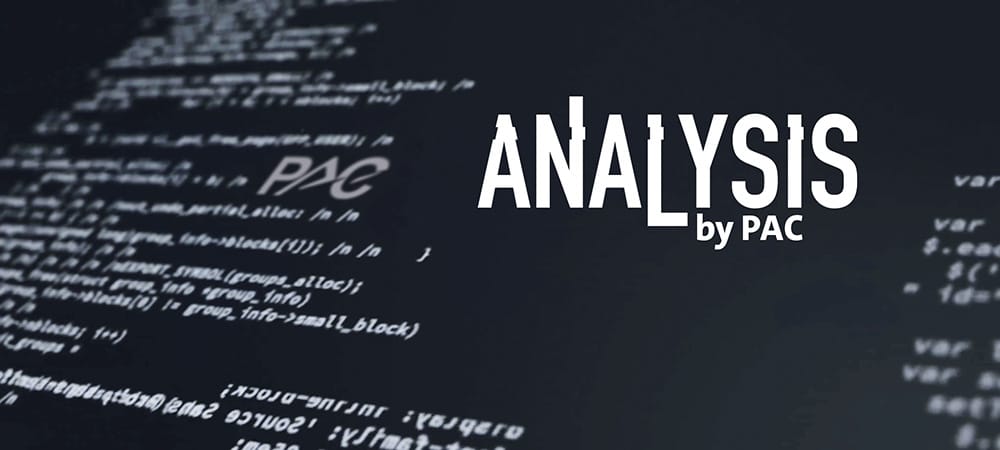Cloud yes, but regional


In my view, there are several reasons why it will continue to be important for SMEs to rely on regional proximity when using cloud services in the future: Fixed contacts, service quality and an individual understanding of solutions, the effort required for management as well as speed and cost transparency.
With a large cloud provider, the customer obtains services from a self-service portal and there is usually no fixed contact person for queries or individual requirements. Alternatively, there are language barriers when communicating with the call center, which can lead to misunderstandings.
For a medium-sized cloud user, it is therefore important to have a fixed contact person at their cloud service provider who speaks their national language. Customer-specific flexibility and fixed contact persons in the service guarantee security, speed and project success. This level of efficiency is often impossible to achieve when working with virtual teams and constantly changing contacts at a large provider.
IT in the area of hosting/outsourcing is seen by many today as a commodity and defined as a pure standard. However, outsourcing can also mean added value for the customer - if you talk to each other and develop individual solutions together.
This only works in direct dialog. After all, SMEs also maintain creative communication with their non-IT suppliers, which makes them more agile. They rightly feel uncomfortable with cloud solutions where they have to do without specialist contacts.
In contrast to a communicative self-service, with a regional cloud provider you will find the desired personal exchange as the basis for a mutually optimized service offering and a strong partnership.
In this sense, IT can be a key factor in standing out from the crowd and becoming a hidden champion. unlike large companies, where responsibility is often cushioned by anonymous shareholders, a medium-sized company must first and foremost think economically.
The amount of effort required to manage IT solutions therefore plays a decisive role. Large cloud providers usually offer individual and dedicated, standardized services.
So if you book one service with Azure, the next with IBM, etc., you have to put a lot of effort into managing your solutions with different contacts.
SMEs, on the other hand, prefer to take a comprehensive view of the topic and are better served by a "one-stop provider" that offers all services from a single source in terms of IT costs. Cloud services "from a single source" significantly reduce the burden on management.
With a one-stop provider, you can also negotiate SLAs individually, enforce personal preferences when selecting firewalls or virus scanners, etc. Such specifics are usually not negotiable with a large provider that works in a standardized way.
Large cloud providers in particular regularly move customer systems to offshoring. This results in increased profit margins in the short term. This also meets the need of major customers to follow the sun.
However, this is usually not the decisive factor for medium-sized customers. Rather, they often complain about communication difficulties with the overseas call center after a short time.
This reduces service quality and the cloud provider soon has to pass on the lower costs from offshoring to the customer if it does not want to lose them - a cannibalization of its own pricing system.
Rather, SMEs need price security and transparency because they think long-term. They are also used to living partnerships and therefore accept a premium on conditions compared to providers with an "offshore mix".
FIS-ASP's experience with German SMEs (in this case with an annual turnover of between EUR 100 and 2500 million) shows that the advantages of traditional outsourcing and individual control and influence measures are still valued in this sector in particular.






